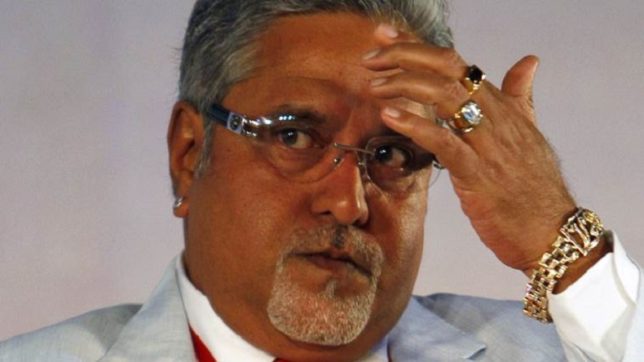Amidst all the noise surrounding Vijay Mallya’s acceptance to pay up his massive loan dues. There are a few lines in the letter to the Prime Minister from back in 2016 that Vijay Mallya has publicised, that even large media houses have seemingly ignored. Point by point, Vijay Mallya has explained the reasons for the losses and subsequent closure of Kingfisher Airlines, and all the points are targeted at the prevailing aviation policies under the then ruling UPA government.
This comes as no surprise, as the Congress has always been skeptical of opening up the economy to investment, let alone for a sector desperately in need of it. The macro economic condition of a nation directly impacts its people, and in turn, the nation’s businesses. Before the government’s UDAAN scheme, flying was still seen as a luxury which was reserved for the upper middle and upper economic classes. Today, there is a Rs.2500 cap on seats for Airlines flying on regional routes, making Air tickets more affordable for the common man. Affordable prices means increased demand, which in turn means increased revenue. Kingfisher had started off as a polished Airlines which aimed to serve customers luxury travel for decently affordable prices, and had the UPA government responded to their call for help regarding FDI in the aviation sector, the story could have been very different today.
Under the UPA government, the FDI for the aviation sector was fixed at 49%. In January earlier this year, the cabinet cleared approval for the increase of FDI in aviation sector to 100% for automatic routes. Another factor that made any airlines a loss making business model under the UPA government apart from FDI, was the lack of initiative on the government’s part to increase the connectivity of airlines in Tier II and Tier III destinations. The massive populations residing in these cities depended largely on rail travel even if they could afford to fly instead due to lack of connectivity. Under the UDAAN scheme, the new civil aviation policy, the government has better connected larger metropolitans to the earlier ignored Tier II and Tier III destinations. This has led to a sudden and massive expansion of the market, which airlines, especially regional ones are currently thriving on.
Airlines flying to tier II and tier III cities will be exempted from landing charges, parking charges and navigation charges to boost connectivity to remote areas. Airlines are also given incentives to fly to tier II and tier III airports with sales tax levied at 4% for jet fuel at these facilities. They need to pay 4-25% elsewhere. This means that there is incentive for both the customer as well as the Airlines. The customer avails better connectivity, while the Airlines are given incentives to connect to regional and previously ignored destinations.
A fine example of the changed aviation environment under the current Modi government is that of Vistara. Not only was it the re entry of the Tatas in the aviation industry after several aborted attempts, it has also gone on to fly over 10 lakh passengers while it is still continuing to expand. Apart from a thriving environment in the industry, this has been made possible due to the partial scrapping of an archaic 5/2o rule which requires Airlines to own a fleet of 20 crafts and 5 years of prior flying in order to fly international routes. The 5 year requirement has been scrapped, and it must be noted that Vistara was started in 2015, and this would not have been possible without the partial scrapping of the rule for Vistara and AirAsia.
While the nation is busy celebrating something we all deserve,i.e, the repayment of public money that rightfully belongs for the tax payers’ welfare, it is nonetheless important to give credit where its due. The efforts by the Modi government at improving the aviation environment must be lauded, which will make sure the nation doesn’t intentionally or unintentionally produce more Vijay Mallyas.
